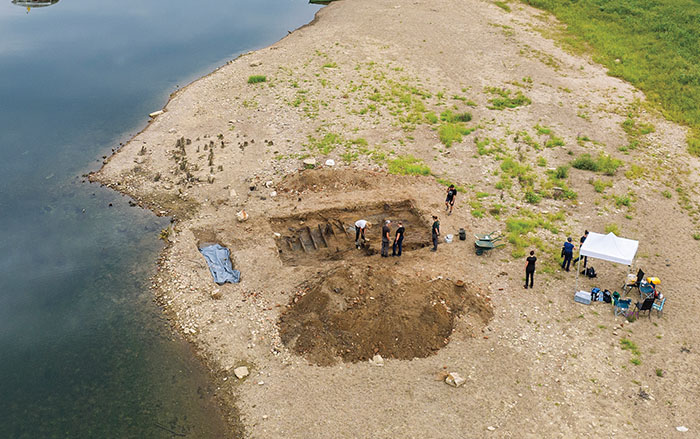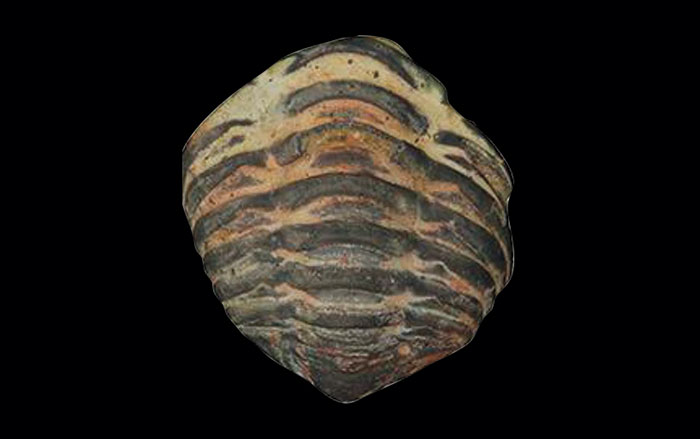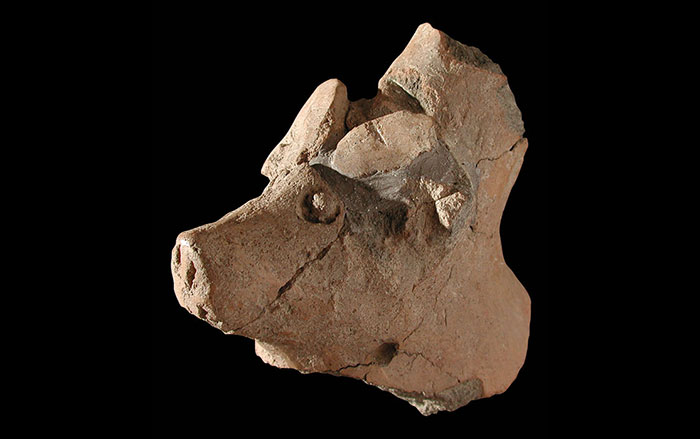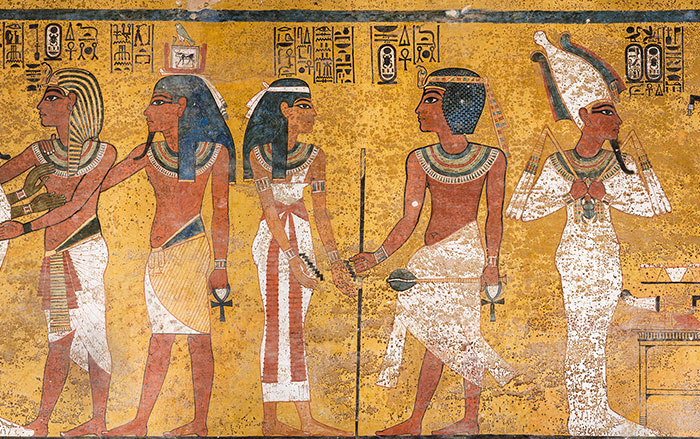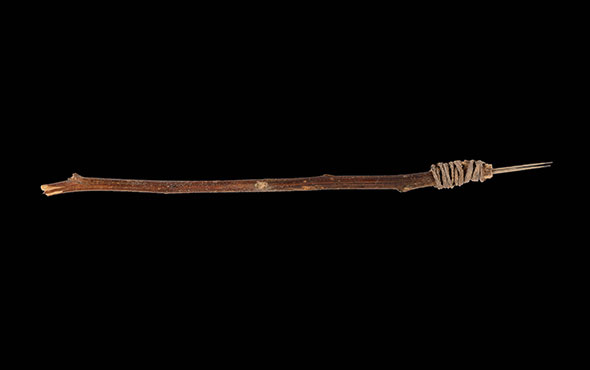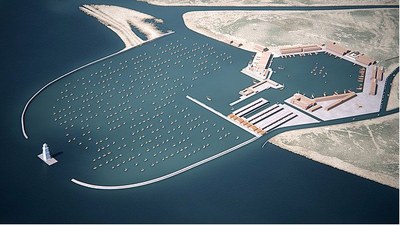
CAMBRIDGE, ENGLAND—According to an iNews report, an analysis of food and human remains unearthed at the site of Portus, Rome’s maritime port, has revealed that laborers living between the second and fifth centuries A.D. enjoyed a diet similar to that eaten by the elite in the capital. Archaeologist Tamsin O’Connell of the University of Cambridge said that, unlike elsewhere in the Roman world, the saccarii, or dockworkers, who lived in Portus had access to wheat, olive oil, wine, and exotic sources of protein imported from North Africa. After Rome was sacked by the Vandals in the fifth century, however, O’Connell and her colleagues noted, meat in the workers’ diet was replaced with stews made of beans, lentils, and other plant sources of protein. The harbor began to silt up during this period as well. “When Rome is on the decline,” O’Connell explained, “the manual laborers at least are not doing as well as previously.” To read in-depth about Portus, go to “Rome's Imperial Port.”


